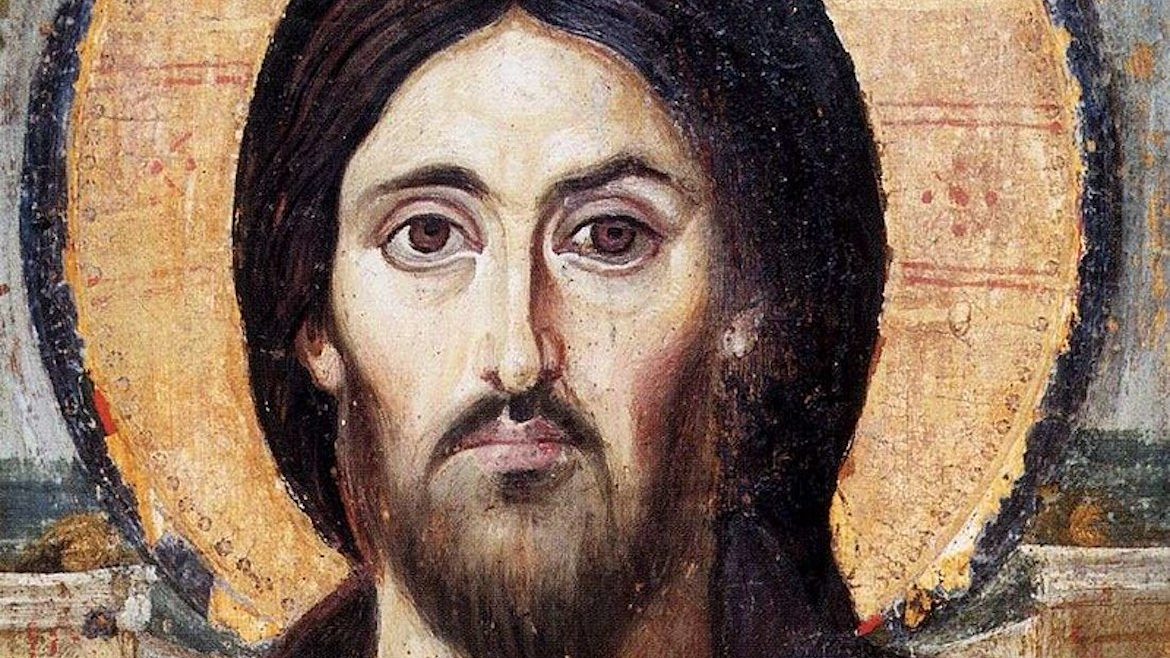The Ordinary Work of Christians
2nd Sunday in Ordinary Time

The tinsel and stockings being put away until next year, we begin the liturgical season of Ordinary Time. This longest season of the year is divided into two segments; a shorter one between Christmas and Lent, and a longer between Pentecost and Advent. The name of the season doesn’t refer to the common usage of “ordinary” to mean plain or unremarkable, but because the weeks of this season are identified by ordinal numbers, i.e., this Sunday we begin the Second Week of Ordinary Time.
But there is some relationship to the ordinary meaning of “ordinary” because this is the time for us to get on with the ordinary work of being Christian. And what is that, precisely? We speak often in the Church of doing God’s work, but what do we mean when we say that? To be sure there are hundreds of particular things, small and great, that we do in the course of putting our faith into practice: prayer, worship, aiding the poor, forgiving others, offering counsel, working for justice. But what is the one big thing this all adds up to? What is the unifying theme?
On the side table next to the chair where I do my morning prayers is an icon stand. I have a series of small icons that I switch out according to the liturgical season. For Advent I have an icon of Christ Emmanuel. For Christmas, an icon of the Nativity. For Lent it is Christ the Bridegroom wearing his crown of thorns. For Easter it is the scene of the Resurrection. But for Ordinary Time, it is a cropped version of the icon of Christ from the monastery at Sinai (seen at the top of this page) showing just Jesus’ face, looking directly at you. For most of the year, this is what I see as I pray; just Jesus. It is my favorite one.
The shortest creed of the Christian faith is this: Jesus Christ is Lord (cf. Phil 2:11). If this is true, what does it mean for me and you? Well, if Jesus is God it means first and foremost that you and I are not. This may come as earth-shattering news to those raised in a culture that teaches us to think of ourselves as gods of our own destinies, but it is a very liberating realization. To acknowledge that there is One greater than I means that I am not responsible for saving myself. It’s perfectly okay for me to not be in control of every situation. It means there is One who is greater than my problems, greater than all the problems of the world even. There is a source of wisdom and strength and love that I can look to for guidance and lean upon in times of need. It is a wonderful thing to not have to be one’s own god.
In the scripture readings for this Sunday we hear from two great prophets, Isaiah and John the Baptist. These prophets are not great because they possessed special wisdom or insight of their own, but because they point the way to the One who does. God says to Isaiah, “I will make you a light to all nations” (Is 49:6). Light allows people to see clearly, and what Isaiah helped people to see was God. John the Baptist didn’t claim to be the Messiah but said, “One is coming after me who ranks ahead of me” (Jn 1:30), and points to Jesus saying, “Behold, the Lamb of God, who takes away the sins of the world” (Jn 1:29). Like all true prophets, John and Isaiah understand that they are not the source of truth and goodness. As prophets they are like sign posts that show the way.
All baptized Christians are called to be prophets, meaning that all baptized Christians are called to shine light upon the truth and point the way to Christ. We all participate in the mission Christ gave the Church to “make disciples of all nations” (Mt 28:19). This does not mean we all have to go into the wilderness and eat locusts like John the Baptist. We are each called to make Christ known where we are, with the means God has given to us. How we do this is the ordinary work of Christians.
Through our prayer and worship, we testify that there is One greater than us. By our works of charity and witness to others, we shine light on the Truth. In all the many ways we love one another, we manifest the love of Jesus. Christ came to reveal God the Father to the world: the ordinary work of Christians is to bring ourselves and others into the light of his truth, goodness and beauty.

